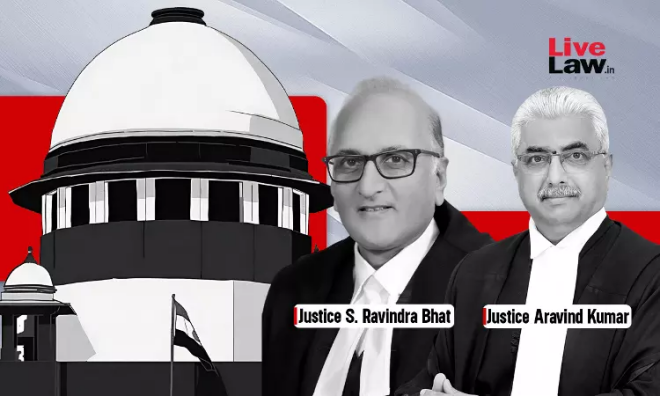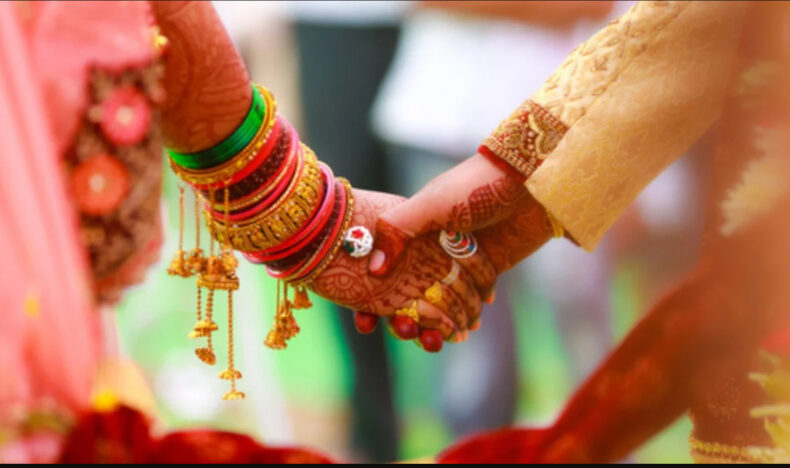In a significant development, the Supreme Court has reaffirmed an individual’s fundamental right to choose a life partner, overturning a previous judgment by the Madras High Court. The apex court’s verdict, delivered on August 28, 2024, addresses the validity of marriages performed in the offices of advocates under the Hindu Marriage Act of 1955.
Background and Legal Context
The case before the Supreme Court revolved around the concept of self-marriage as outlined in Section 7A of the Hindu Marriage Act. This section, introduced through a Tamil Nadu Amendment, enables two Hindus to marry without adhering to traditional rituals or priestly solemnization. The marriage can be declared in the presence of friends, relatives, or other witnesses.
However, a division bench of the Madras High Court, in a 2014 case titled S. Balakrishnan Pandiyan v Inspector of Police, ruled that marriages performed by advocates were not valid and that self-respect marriages, known as “Suyammariyathai” marriages, could not be conducted in secrecy. Subsequently, in Ilavarsan v The Superintendent of Police and Others on May 5, 2024, the Madras High Court not only rejected a marriage certificate issued by an advocate but also directed disciplinary action against advocates issuing such certificates.

Supreme Court’s Perspective
The Supreme Court, presided over by Justices S Ravindra Bhat and Aravind Kumar, took a dissenting stance from the Madras High Court’s narrow view. It pointed out that the assumption underlying the previous judgment was that every marriage necessitated a public declaration or solemnization. The apex court emphasized that this viewpoint was simplistic, as couples might abstain from public declarations due to reasons like familial opposition or concerns for personal safety.
The court acknowledged that enforcing a public declaration could endanger lives and potentially lead to coerced separations. It cited the risk faced by couples who defy their families’ wishes, stressing that the previous judgment’s premise contradicted the broader interpretation of the statute and violated Article 21 of the Constitution, which safeguards personal liberty.
Fundamental Right to Choose a Life Partner
The Supreme Court reinforced the right to choose a life partner as a fundamental right under Article 21, referencing previous apex court judgments that upheld this right. By doing so, the court not only labeled the Madras High Court’s interpretation as erroneous but also rectified it.
Advocates’ Roles and Responsibilities
While overruling the Madras High Court’s decision, the Supreme Court remarked on the role of advocates in solemnizing marriages. It highlighted that advocates, as officers of the court, should refrain from participating in marriage solemnization while acting in their professional capacity. However, the court recognized that advocates, in their personal capacity as friends or relatives, could serve as witnesses. This nuanced perspective sought to strike a balance between advocates’ multiple roles and responsibilities.
Court’s Verdict and Conclusion
In light of the report submitted by the District Legal Services Authority, which indicated the woman’s desire to live with the petitioner, the Supreme Court allowed the petition and set aside the High Court judgment. The verdict establishes a crucial precedent by upholding the individual’s autonomy in choosing a life partner, regardless of familial opposition or societal norms.
Implications for Legal Scholars and Society
This landmark ruling carries profound implications for both the legal fraternity and society at large. For law students and scholars, it underscores the significance of constitutional rights in shaping jurisprudence. The Supreme Court’s elaborate reasoning provides insight into how fundamental rights can be harmonized with cultural and familial dynamics. Moreover, this verdict exemplifies the judiciary’s role in evolving social norms. By recognizing the complexity of relationships and the potential risks faced by individuals who choose partners against their families’ wishes, the Supreme Court has shown a commitment to protecting personal liberties.
In conclusion, the Supreme Court’s decision in Ilavarsan v. Superintendent of Police has far-reaching implications, emphasizing the right to choose a life partner as a sacrosanct individual right. By challenging a restrictive interpretation, the court has expanded the horizons of personal liberty within the framework of legal and social realities.This ruling serves as a beacon of hope for individuals seeking to marry based on their own choices, free from undue pressures and fears.













